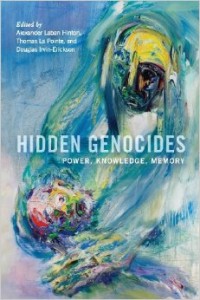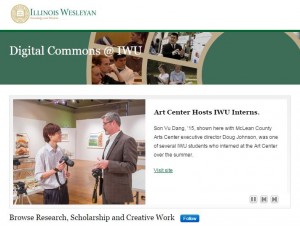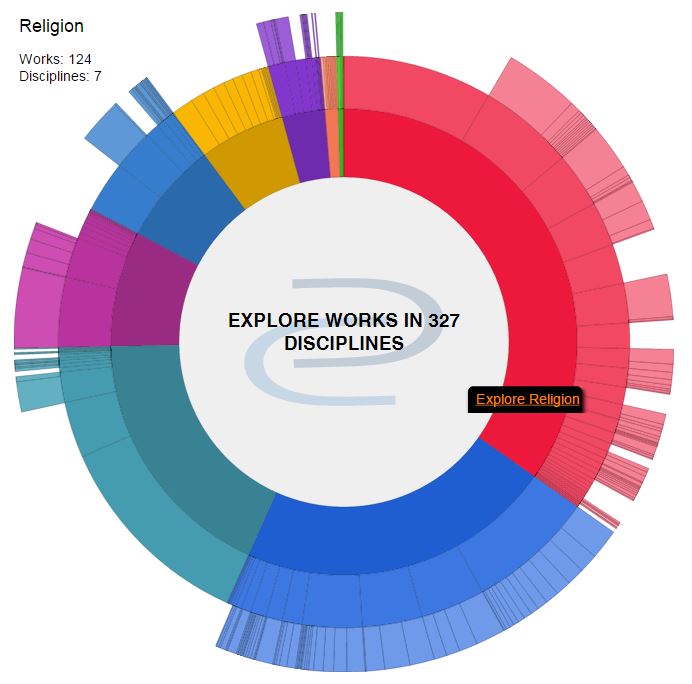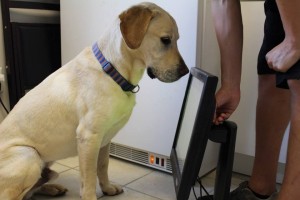With finals looming around the corner, now is the time to make sure you’re taking care of yourself. Make sure you’re dressing warmly whenever you go out, eat healthy meals, drink plenty of fluids, and get yourself checked out if you’re starting to feel under the weather. The flu can knock you out for longer than you’d like, so pay attention and do what you need to in order to succeed. Flu symptoms include the following. Visit Health Services if you’re not feeling well!
- A 100oF or higher fever or feeling feverish (not everyone with the flu has a fever)
- A cough and/or sore throat.
- A runny or stuffy nose.
- Headaches and/or body aches.
- Chills.
- Fatigue.
- Nausea, vomiting, and/or diarrhea (most common in children)
There are sunlamps in all the library “living rooms,” so turn one on if you’re not spending enough time outside. That extra Vitamin D could make a difference.
While you’re checking out our sunlamps, look at what else is going on in The Ames Library this week.
Beckman, Monday, 4pm – Dr. Arturo Márquez Gómez, assistant professor in the Romance Languages Department of Kalamazoo College, will present “Against the Bad Education: Pedro Lemebel, Student Movement and Sexual Rights in Contemporary Chile.” Márquez Gómez was born and raised in Santiago, Chile. His research focuses on contemporary Latin American cultural production, literature, film and media. His current work focuses on Pedro 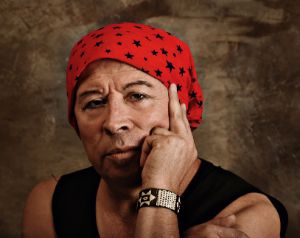 Lemebel, a Chilean writer and performer, whose project challenged the identity politics imposed by the military regime and neoliberalism. This event is sponsored by the Latin American Studies team of the International Studies program, the Hispanic Studies Department, the Office of Diversity and Inclusion, and the Center for Human Rights and Social Justice.
Lemebel, a Chilean writer and performer, whose project challenged the identity politics imposed by the military regime and neoliberalism. This event is sponsored by the Latin American Studies team of the International Studies program, the Hispanic Studies Department, the Office of Diversity and Inclusion, and the Center for Human Rights and Social Justice.
Beckman, Tuesday, 4pm – Beyond Competence! Celebrate the rich, reliable and resilient LGBTQIA community as we explore the history and contributions made to the cultural fabric of the U.S. and the world in areas related to the arts, sports, food, politics, equality and world peace. Health Education about Lesbian, Gay, Bisexual, and Transgender (LGBT) Elders (HEALE) trainers Cecilia Hardacker, Kristin Keglovitz-Baker and Hector Salgado from Howard Brown Health Center, Chicago, will be on campus to present information about their health education curriculum in a series of LGBT cultural competency sessions. Facilitators will discuss essential terminology, LGBT historical context, how to create inclusive atmospheres in living and working spaces and legal issues commonly encountered by LGBT individuals. Hosted by Professors Amanda Hopkins (Nursing) and Carolyn Nadeau (Hispanic Studies) as part of their series through the Mellon Foundation Re-Centering the Humanities grant at IWU. Experts from HBHC will discuss the needs of this population and the Nurses HEALE curriculum.
Beckman, Tuesday, 7pm – “Das Leben der Anderen/The Lives of Others (2006)” An agent in the East German secret police becomes involved in the lives of the artists he is spying on. Sponsor: German, Russian and Asian Languages
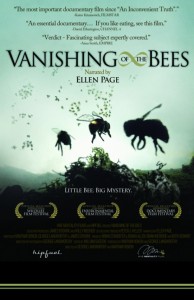 Beckman, Wednesday, 7pm – The Sierra Student Coalition will host the documentary: “Vanishing of the Bees,” narrated by Ellen Page. Come learn about pollinators, colony collapse disorder, and what can be done to save the bees. Free and open to the public.
Beckman, Wednesday, 7pm – The Sierra Student Coalition will host the documentary: “Vanishing of the Bees,” narrated by Ellen Page. Come learn about pollinators, colony collapse disorder, and what can be done to save the bees. Free and open to the public.
Beckman, Thursday, 4pm – The mysterious and seductive term “Negative Capability” has been thought to be a completely original creation of Keats’s genius. However, this presentation will argue that Keats derived the term “Negative Capability” from his thinking about literary critic William Hazlitt’s use of “natural capacity,” a term borrowed from the philosophy of Thomas Hobbes. Theune also will argue that the resultant narrowing of Negative Capability’s range of reference can and should serve as an important corrective to recent troubling uses of the term.
Research for this presentation was supported by a Mellon Humanities Fellowship provided by Illinois Wesleyan’s “Re-centering the Humanities” initiative. Sponsored by Sigma Tau Delta, the English honors society.
Beckman, Thursday, 7pm – “Joyeux Noel,” 2005, France/Germany/UK, the story of the spontaneous ceasefire during Christmas Eve on the front lines of World War I. Presented by Visiting Assistant Professor of Modern and Classical Languages and Literatures-German Adam Woodis. Due to copyright restrictions, this event is free and open to the IWU community only.
Instruction Lab, Room 129
- Monday, 9am, Spanish 468
- Monday, 11am, Nursing 214
- Tuesday, 7:45am, BioChem Computer Lab
- Tuesday, 2:35pm, BioChem Computer Lab
- Wednesday, 9am and 1pm, Physical Plant training
- Wednesday, 2pm, Prof. Simeone’s Gateway
- Thursday, 9:25am, Prof. Reissenweber’s Gateway
- Thursday, 2:35, Prof. Criley’s Gateway
- Friday, 9am, Spanish 468
Meeting Room, Room 214
- Monday, 3pm, CUPP
- Tuesday, noon, Library Advisory Committee
- Tuesday, 4:30pm, Star Literacy
- Wednesday, 3pm, CUPP
- Thursday, 11am, Assessment Committee
- Thursday, 4:30pm, Star Literacy
Beckman Auditorium
- Monday, 9am, Nursing 217
- Monday, 4pm, International Studies Colloquium
- Monday, 6pm, English 233
- Tuesday, 11am, Meet a candidate for Director of Grants & Foundation Relations
- Tuesday, 4pm, Nursing Curriculum Speaker
- Tuesday, 7pm, German 370
- Wednesday, 9am, Nursing 217
- Wednesday, 7pm, Vanishing of the Bees
- Thursday, 11am, Meet a candidate for Director of Grants & Foundation Relations
- Thursday, 2pm, MUSE speaker series
- Thursday, 4pm, MUSE scholar – Prof. Theune on Keats
- Thursday, 7pm, International Film Series
- Friday, 9am, Nursing 400 exam
- Friday, 11am, Meet a candidate for Director of Grants & Foundation Relations
- Sunday, noon, English 233



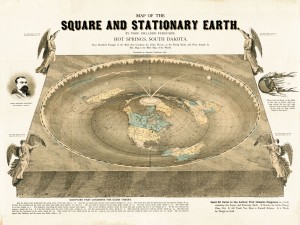
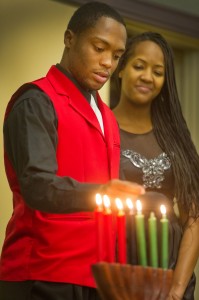
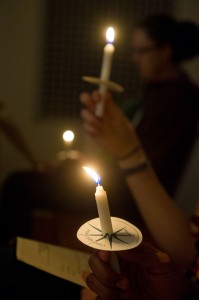
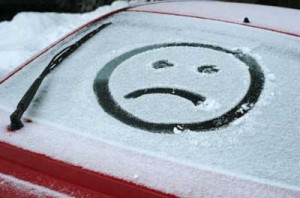
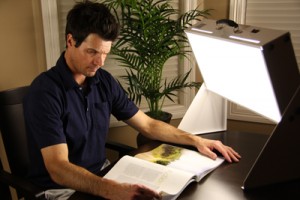
 Lemebel
Lemebel Beckman, Wednesday, 7pm – The Sierra Student Coalition will host the documentary: “
Beckman, Wednesday, 7pm – The Sierra Student Coalition will host the documentary: “